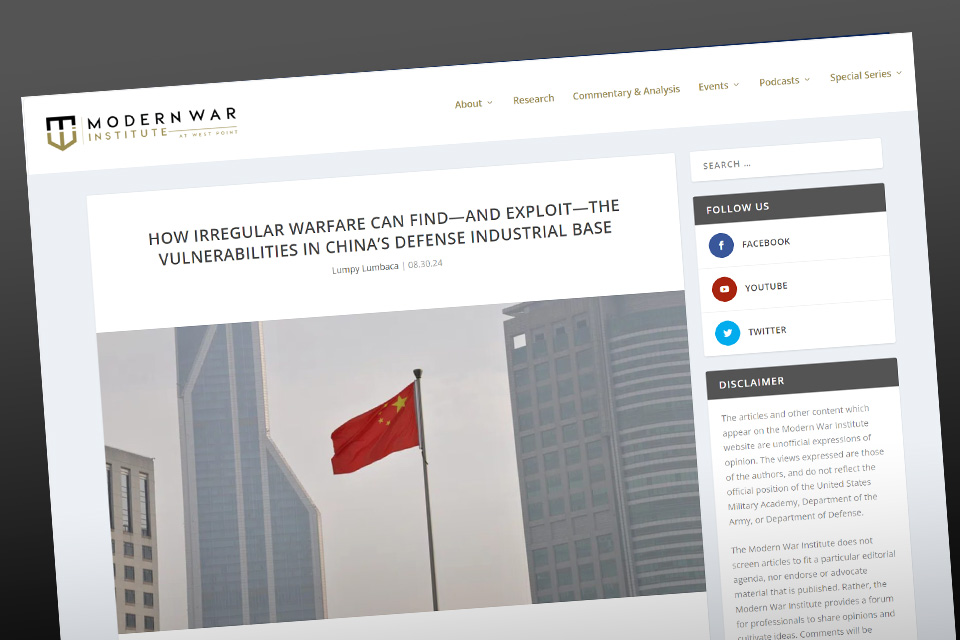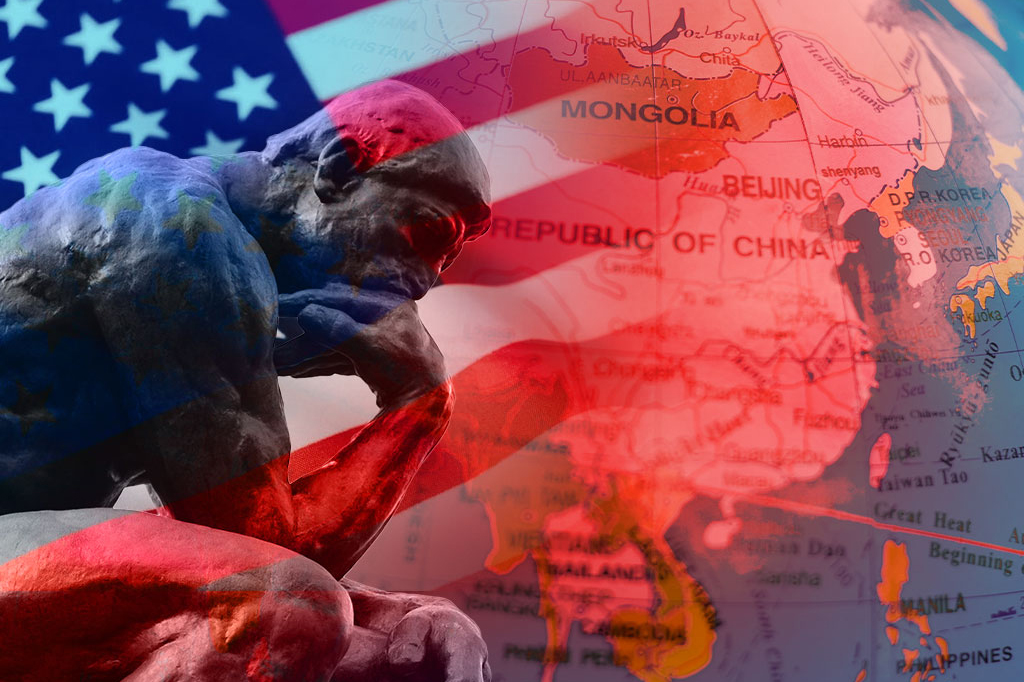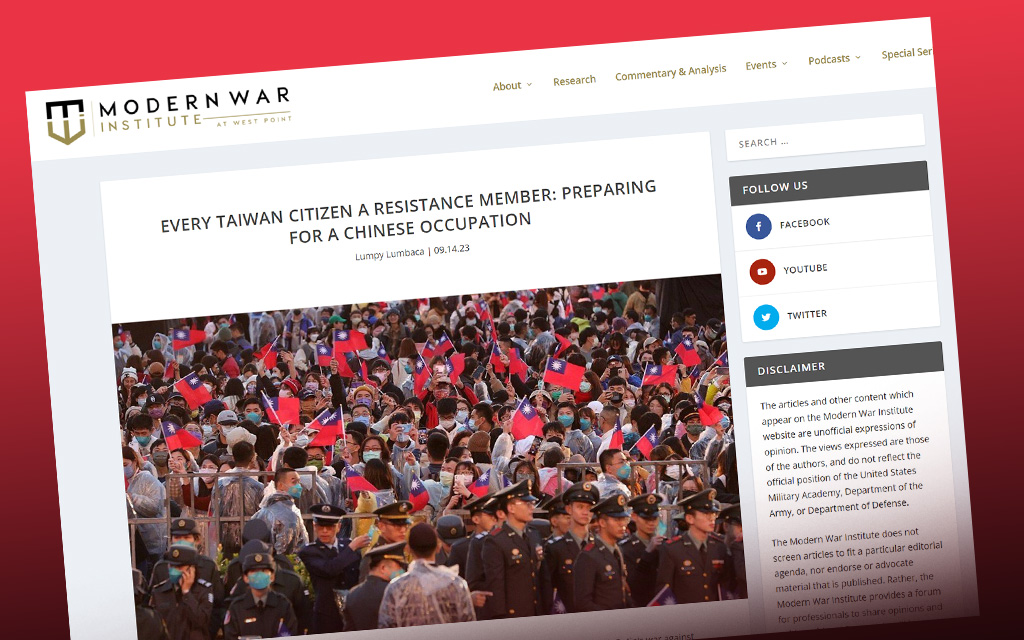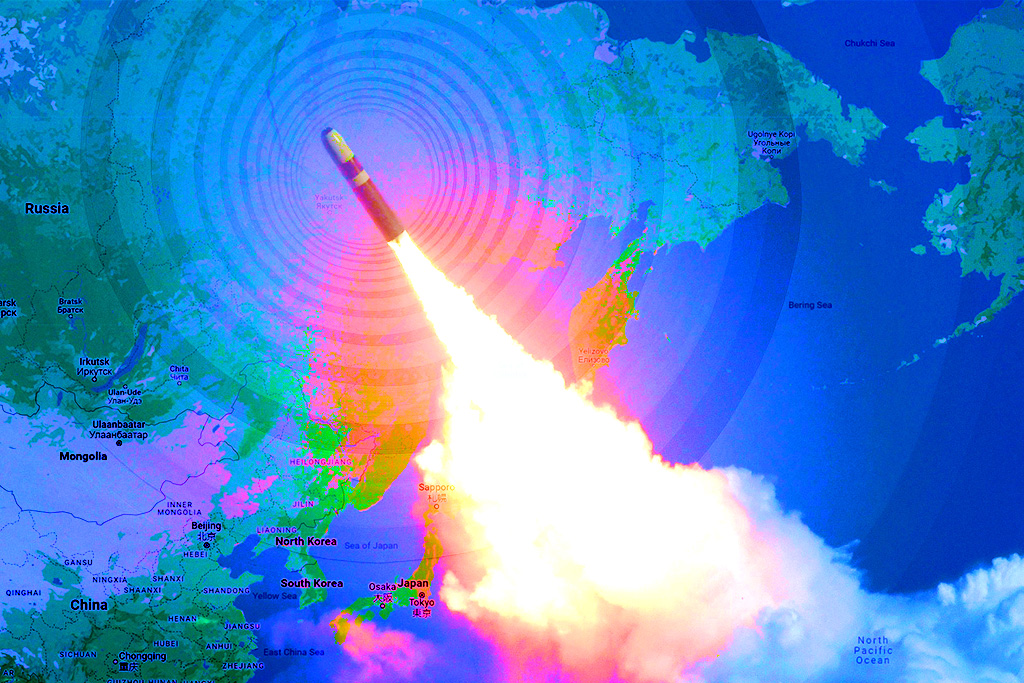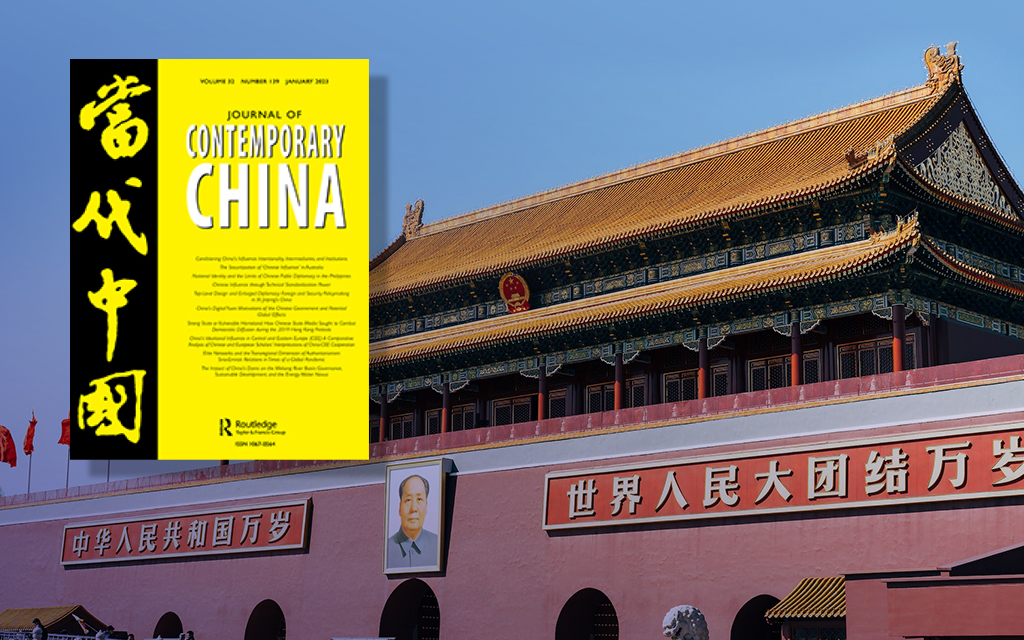Irregular Warfare and China’s Defense Industrial Base
In the article, Lumbaca explores how the United States can leverage irregular warfare to target and disrupt China’s defense industrial base amid the ongoing strategic competition between the two nations. China's "increasingly dangerous and illegal activities in the gray zone” pose significant challenges, but the U.S. can counter these by focusing on China’s vulnerabilities.


